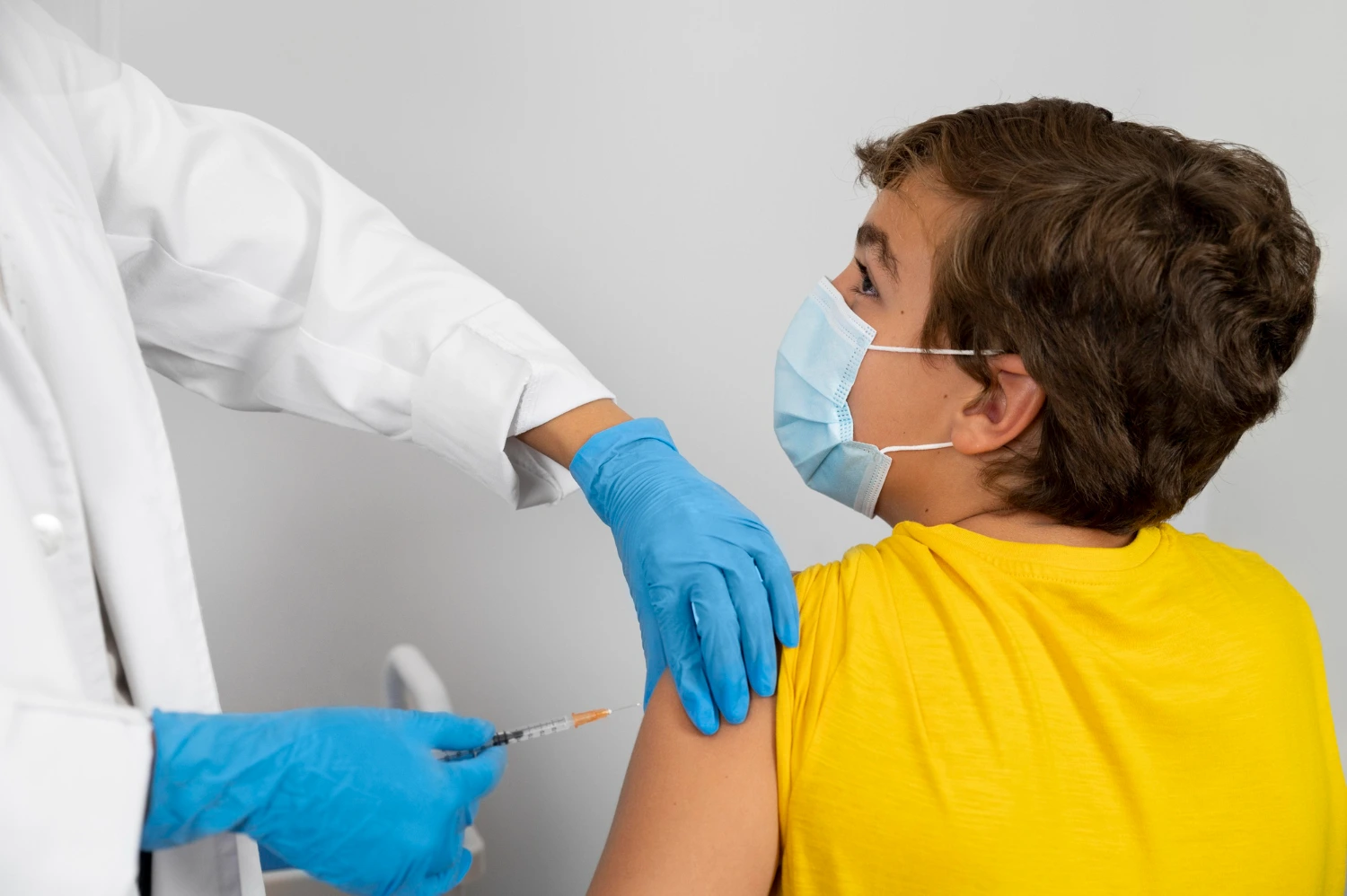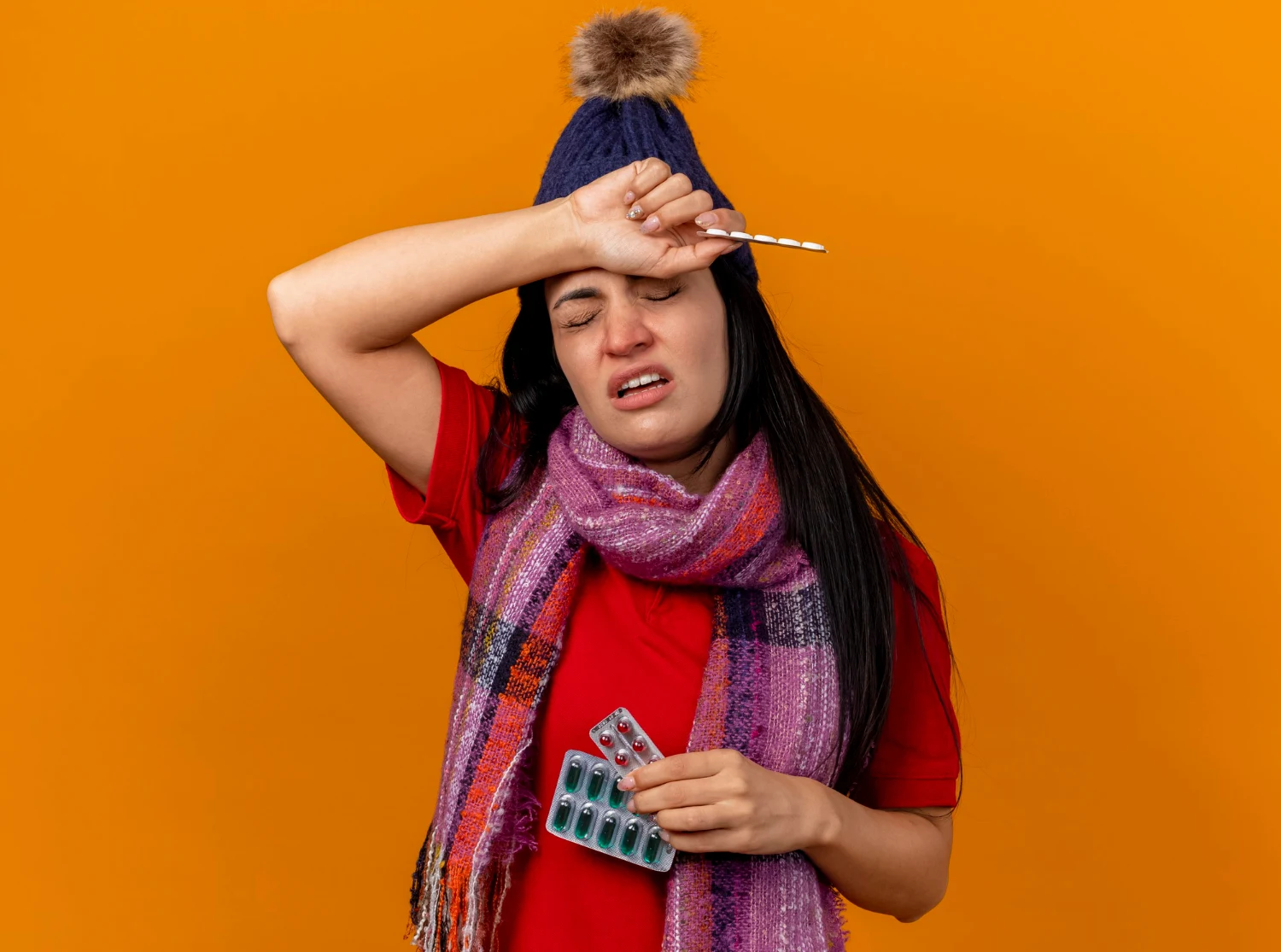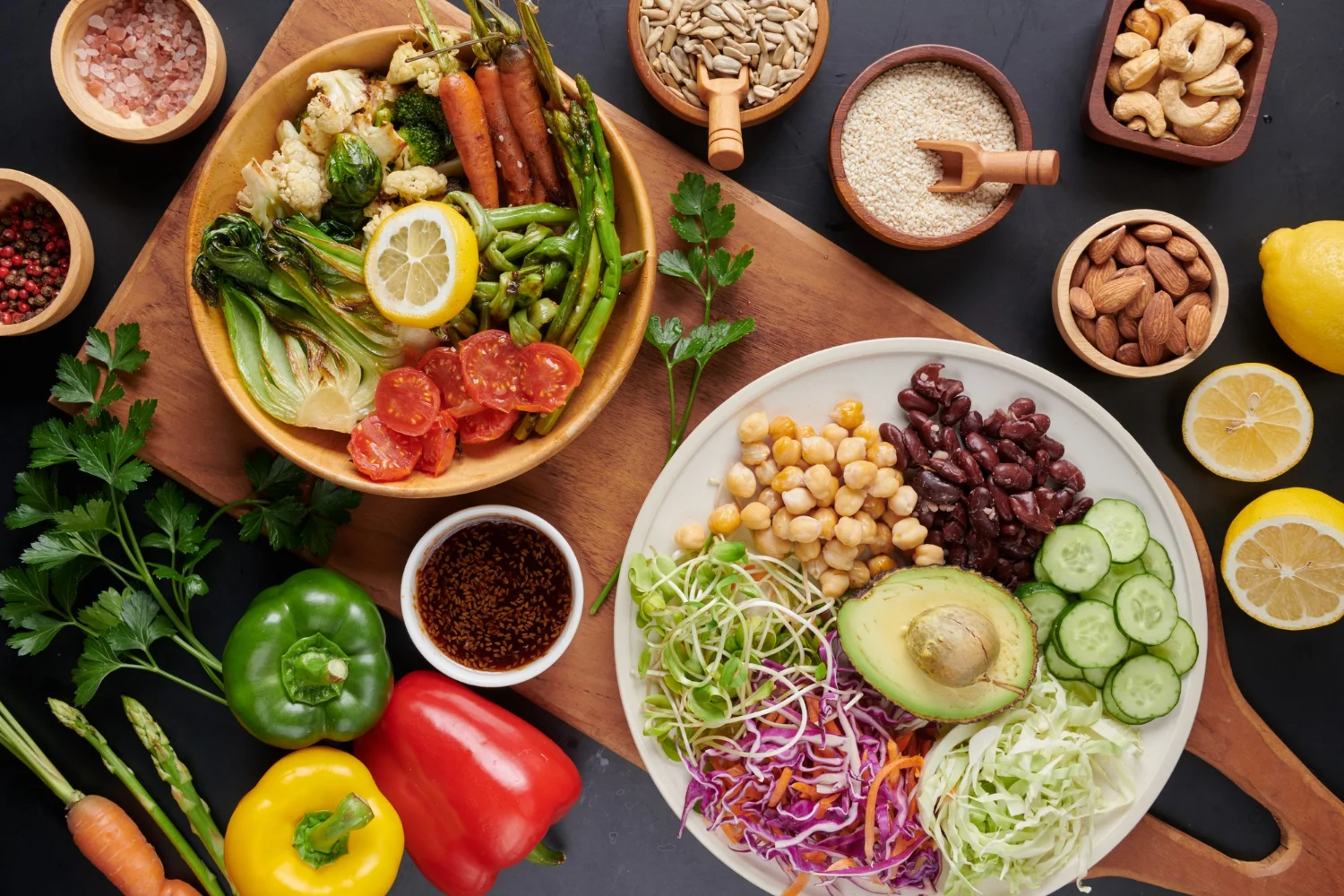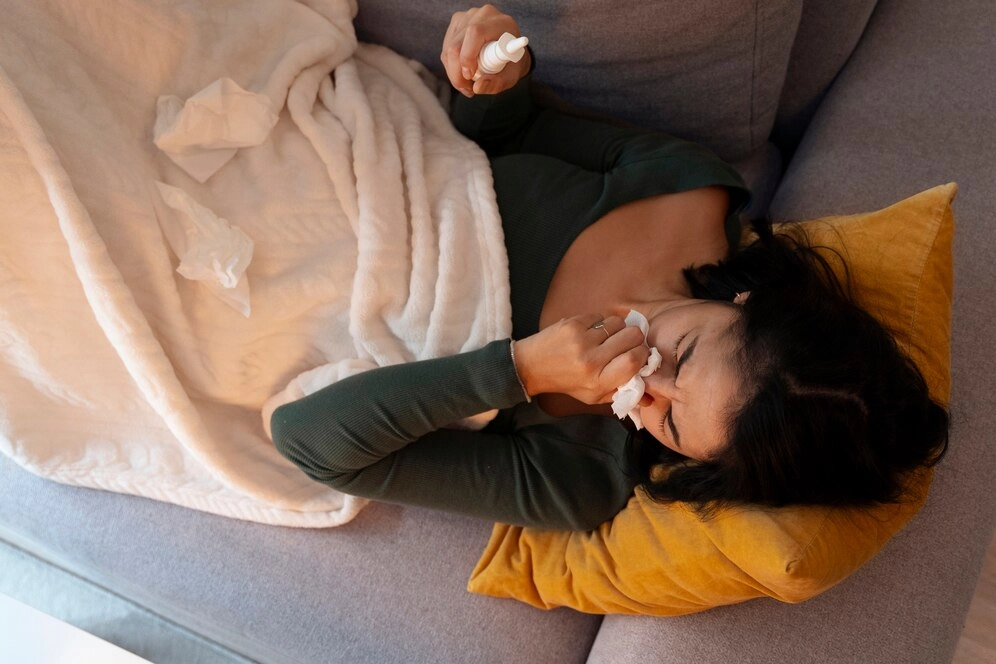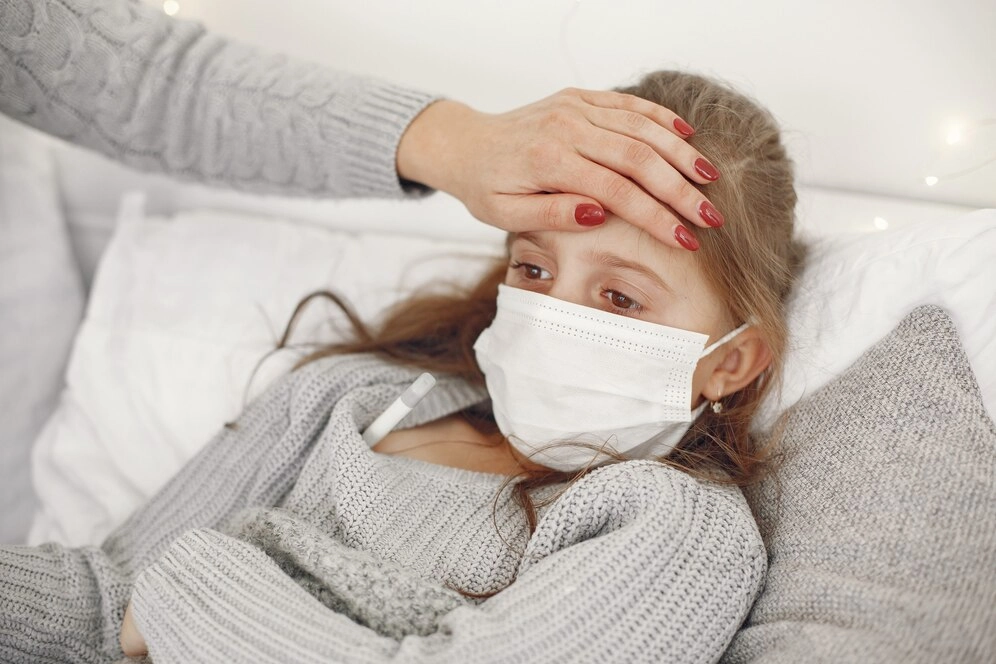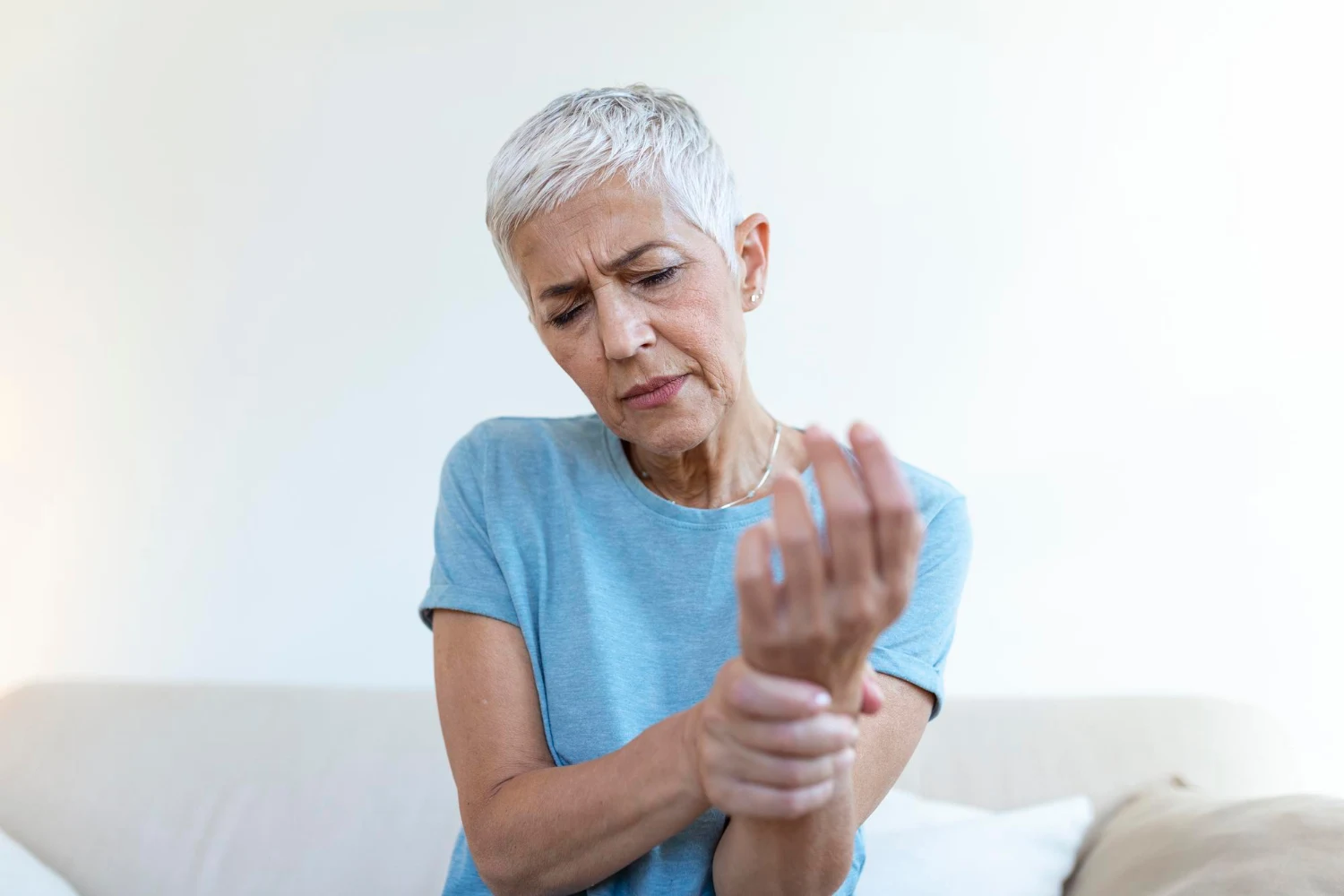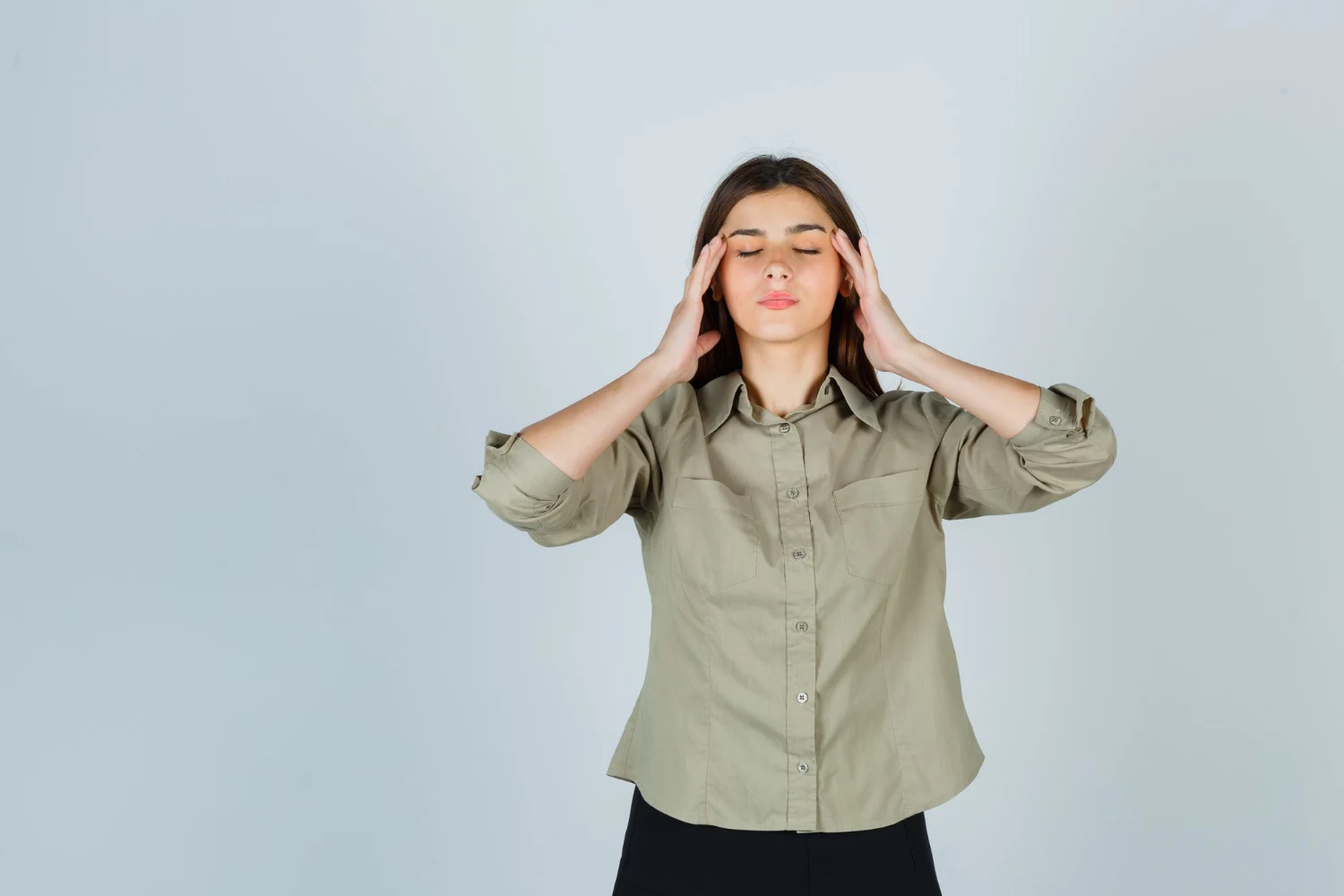What Vaccinations Should Children Get Before The Monsoon Season?
Category: General medicine
The monsoon season brings joy, cooler weather, and greenery but it also brings a rise in infections. Children are more vulnerable during this season because their immune systems are still developing, and their active lifestyles often expose them to rainwater, damp surroundings, and crowded environments. Vaccinations act as a shield, protecting them from serious illnesses that become more common during the rainy months. Let’s explore which vaccines your child should get before the monsoon and why they are important for their health.
Why Vaccinations Are Important in the Monsoon
During the rainy season, stagnant water, open drains, and damp weather create the perfect breeding ground for germs. Diseases like typhoid, hepatitis A, influenza, and cholera spread more easily at this time. Children are often in close contact with friends at school, playgrounds, and public spaces, which increases the risk of catching infections. Vaccinations prepare a child’s immune system in advance, so if they do come into contact with these germs, their body is ready to fight back. Timely immunization not only keeps your child healthy but also helps prevent disease outbreaks in the community.
Hepatitis A Vaccine
Hepatitis A is a liver infection caused by eating or drinking contaminated food and water a common problem during the monsoon. Children often eat street food or snacks outside, which can increase their risk. Symptoms include fever, nausea, abdominal pain, loss of appetite, and yellowing of eyes or skin. The hepatitis A vaccine is safe and effective, usually given after 12 months of age, with a booster after six months. By vaccinating your child before monsoon, you reduce the chances of serious illness and recovery time, helping them stay active and healthy throughout the season.
Typhoid Vaccine
Typhoid fever is another common rainy-season illness spread by contaminated water or unhygienic food. It can cause prolonged fever, weakness, headache, stomach pain, and loss of appetite. In some cases, it can lead to serious intestinal complications. The typhoid vaccine is recommended for children above two years of age. The injectable vaccine provides long-lasting protection, while the oral vaccine is an option for older children. Getting this vaccine before monsoon ensures your child is well protected and able to enjoy school and playtime without interruptions due to illness.
Influenza (Flu) Vaccine
Influenza, or the seasonal flu, spreads easily in crowded spaces like schools, buses, and indoor activity centers, which are used more during the rains. Symptoms include fever, cough, sore throat, muscle aches, and fatigue. In children, the flu can sometimes lead to serious complications like pneumonia. The flu vaccine is recommended annually for all children above six months. Since flu strains change frequently, yearly vaccination provides updated protection. Administering the flu shot before monsoon reduces your child’s risk of falling sick and missing important school days.
Cholera Vaccine
Cholera outbreaks are more common during the monsoon, especially in areas with flooding or poor sanitation. This disease causes severe watery diarrhea, which can lead to dehydration and hospitalization. While not part of the standard vaccine schedule, the oral cholera vaccine is advisable for children above one year living in or traveling to high-risk areas. Along with safe drinking water and proper hygiene, this vaccine offers strong protection against cholera. Consulting your pediatrician will help determine if this vaccine is necessary for your child before the rains.
MMR Vaccine (Measles, Mumps, Rubella)
While the MMR vaccine is not specific to the monsoon, it remains essential year-round. Measles outbreaks sometimes increase during the rains when children spend more time indoors in close contact. The vaccine protects against measles, mumps, and rubella highly contagious diseases that can spread quickly. The first dose is given at 9–12 months, and the second at 15–18 months. Ensuring your child is up to date with their MMR vaccination before monsoon prevents unnecessary illness and keeps school environments safer for everyone.
Chickenpox Vaccine
Chickenpox spreads more easily during monsoon due to closer indoor gatherings. It causes fever, rash, and itchy blisters, which can be uncomfortable for children and keep them away from school for days. The chickenpox vaccine is given after one year of age, with a second dose for full protection. While the disease is usually mild, complications can occur in some children. Vaccinating before monsoon reduces the risk of infection, ensuring your child can enjoy a healthy season without discomfort or missed classes.
Other Precautions Alongside Vaccinations
Vaccines protect against specific diseases, but everyday hygiene and habits play an important role too. Encourage your child to wash hands regularly, drink only clean or boiled water, and eat freshly prepared home-cooked food. Avoid letting them play in dirty or stagnant water. Keep their surroundings clean, ensure good ventilation at home, and consult a doctor promptly if they develop symptoms like fever, diarrhea, or cough. Combining vaccinations with healthy practices provides the best protection for your child during the monsoon.
Conclusion
The monsoon brings fun, freshness, and relief from the heat, but it also carries health risks especially for children. Vaccinations act as the strongest defense, ensuring your child’s immune system is ready to face seasonal infections. By keeping their vaccine schedule updated and combining it with healthy habits like clean drinking water, proper hygiene, and safe food practices, you can give them the best protection. This monsoon, a little preparation goes a long way in keeping your child healthy, active, and safe.
FAQs
1. Why are vaccinations before monsoon important for children?
During the monsoon, infections spread more quickly due to water contamination and damp weather. Vaccinations prepare your child’s immune system in advance, reducing the risk of serious illnesses like typhoid, hepatitis, and influenza.
2. Which vaccines are most important before the rainy season?
Vaccines for hepatitis A, typhoid, and influenza are most important before the rains. In some areas, the cholera vaccine is also recommended. These protect children from waterborne and airborne diseases common in the season.
3. Can a child take multiple vaccines close together?
Yes. With proper medical supervision, children can receive more than one vaccine in a short period. Doctors follow safe vaccination schedules that ensure the child’s comfort and immunity.
4. Is the flu vaccine necessary every year?
Yes. The influenza virus changes often, and an annual flu shot ensures your child is protected against the latest strains. This reduces the chances of serious illness during the rainy season.
5. Is cholera vaccination mandatory for all children?
No. Cholera vaccination is only needed for children in high-risk areas or during outbreaks. A pediatrician can advise if your locality requires this vaccine before the monsoon.
6. At what age can a child get the Hepatitis A vaccine?
Children can take the hepatitis A vaccine after the age of 12 months. A second booster dose is given six months later for complete protection before the monsoon or any potential exposure.
7. Can my child still get sick after vaccination?
Yes, but illnesses are usually much milder and shorter in vaccinated children. Vaccines greatly reduce the risk of severe symptoms or complications, keeping recovery time quick.
8. How do I know if my child is up to date on vaccines?
Check your child’s vaccination card or consult your pediatrician. Doctors can review the schedule and suggest any pending vaccines before the monsoon season.
9. Are there side effects to these vaccines?
Most vaccines have mild side effects such as slight fever, pain, or swelling at the injection site. These usually go away within a day or two. Serious side effects are extremely rare.
10. Should children avoid school after vaccination?
Children can attend school as usual after vaccination unless they develop mild fever or discomfort. In such cases, a day of rest at home is usually enough.

